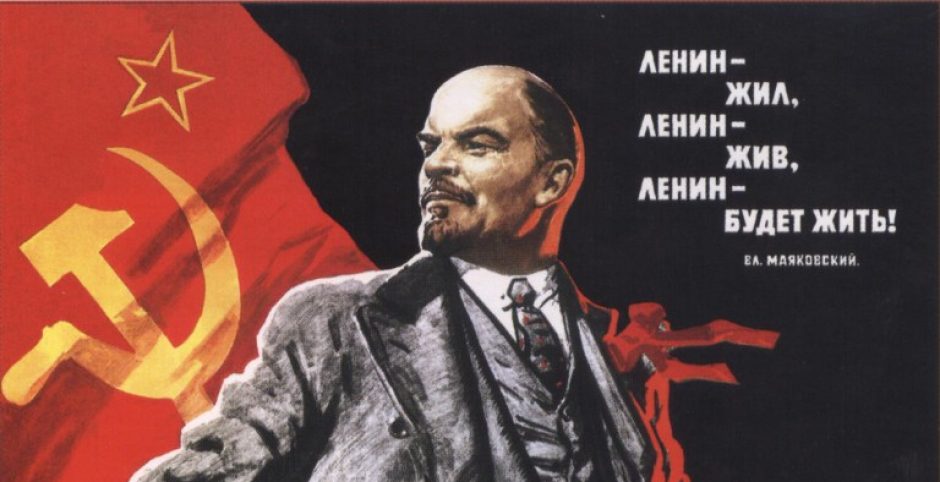Madariaga’s account of Catherine’s reign indicates a tension between Catherine’s admiration of Western culture and her desire to maintain power. The Westernization of Russia under her rule seemed to take effect significantly more in the higher-ranking classes than among the peasants. As a consequence of this, the revolutionary mentalities drawn from the French seem, to me, fairly abstracted from reality. While Radischev did actively push for political reform, it seems as though Catherine herself was much more interested in the intellectualism of the revolutionary movement, as opposed to the social consequences that stem from it. While Radischev’s comments were unacceptable due to their critical nature, Catherine’s general ideologies seem to align with his, as she also pondered the liberation of the serfs. However, her beliefs seem to be based less of of empathy and concern but rather a fascination with the modernity of Western thought. Catherine seemed to invest most of her hope in the noble class. This is evident in her criticism of the French nobles after the French Revolution: “She blamed the weakness of the French nobles on the expulsion of the Jesuits and the decline in the quality of French education as a result of the closure of their schools” (Madariaga p. 191). Catherine seems to view social upheaval not as a result of oppressive policies, but rather of misinformation, and lack of education. Ultimately, her obsession with intellectualism blinded her from the social realities of Russia.
-
Recent Posts
Recent Comments
- isgray on Pussy Riot and the Western gaze
- gisherzfe on Russian Cynicism and a Basket Case Mentality
- isgray on Shared Histories and Populism
- gisherzfe on National trauma and the cult of personality
- wolfsje on National trauma and the cult of personality
Archives
Categories
Meta

Going off of what you said about an obssesion with intellectualism, I think that Catherine represented an idealistic monarch who ultimately (and suddenly) realized the degree to which education had the potential to harm her position. Catherine’s “confidence in the response of society to her rule” (Madariaga, 97) was somewhat misplaced. From a liberal-democratic-Enlightenment standpoint, Catherine’s usage of mass media (such as her surreptitiously authored Vsyakaya Vyaschina), the court (encompassing the entertainment of the nobles, such as European plays and operas as well as indigenous ones) and the press was praiseworthy. But as shown in the Nakaz and Catherine’s later installation of censorship, she was unwilling to subject herself to pointed, revolutionary criticism or subject the autocracy to this same criticism. She wanted the hallmarks of two (seemingly) incompatible systems – Western European republicanism and Russian autocracy. Thus the French Revolution’s dramatic impact on the development of a tsarist censorship in Russia – to the point where “Catherine closed down on French and French culture” (196) long after the execution of the Bourbons. One of the most telling lines in the Madariaga was when Catherine “ordered the confiscation of a complete edition of the works of Voltaire in 1794” (201) rejecting the man that she had earlier built a strong relationship with, and the man who helped introduce her and Petersburg to Europe. Catherine seems to have realized her mistakes when confronted with the stark criticism of Radischev’s Journey and the stark anti-monarchical sentiment of the French Revolution. Perhaps if Radischev was active during Catherine’s more liberal early years (and not after the French Revolution and American Revolution – a perfect storm) the work would not have caused such a strong reaction.
While Catherine is often criticized for her sudden shift towards censorship of revolutionary thought, and her refusal to let her absolute monarchy go challenged, there is significance in the fact that she let Radishchev live for ten years in exile instead of being executed, as was outlined in his original sentence. Considering the paranoia that the political unrest in western Europe — and especially in France — elicited for Catherine, it is notable that she let him live, considering the threat she saw him posing to both her rule and the stability of Russian society as a whole. Madariaga explains: “publication of a work which might destabilize Russian society while the country was fighting a war on two fronts, and which seemed to approve of the tenets being proclaimed by the revolutionaries in Paris, was bound to lead to trouble.” (Madariaga, 195)
So, why did Catherine let Radishchev live?
While Madariaga explains it as merely Catherine’s custom of lowering the death penalty to a lesser sentence, (Madariaga, 195) Riha explains it as an more of a serendipitous act of mercy due to the recent peace treaty with Sweden (Riha, 264). Yet, as mentioned in the original post, some of Catherine’s ideologies were not that far off from Radishchev’s, especially regarding the liberation of serfs, and the other response post even suggests that if Radishchev had published his book earlier, Catherine may not have reacted so strongly. It seems that Catherine wanted less to silence Radishchev’s views on equality and ideas on social reform, and more to eliminate the current threat of an uprising and threat to her monarchy, especially considering the popular unrest going on in Europe at the time. Perhaps she saw value in his revolutionary ideas, but did not want them to happen at her expense, therefore, she banished him from Russia for ten years, instead of ending his life altogether.